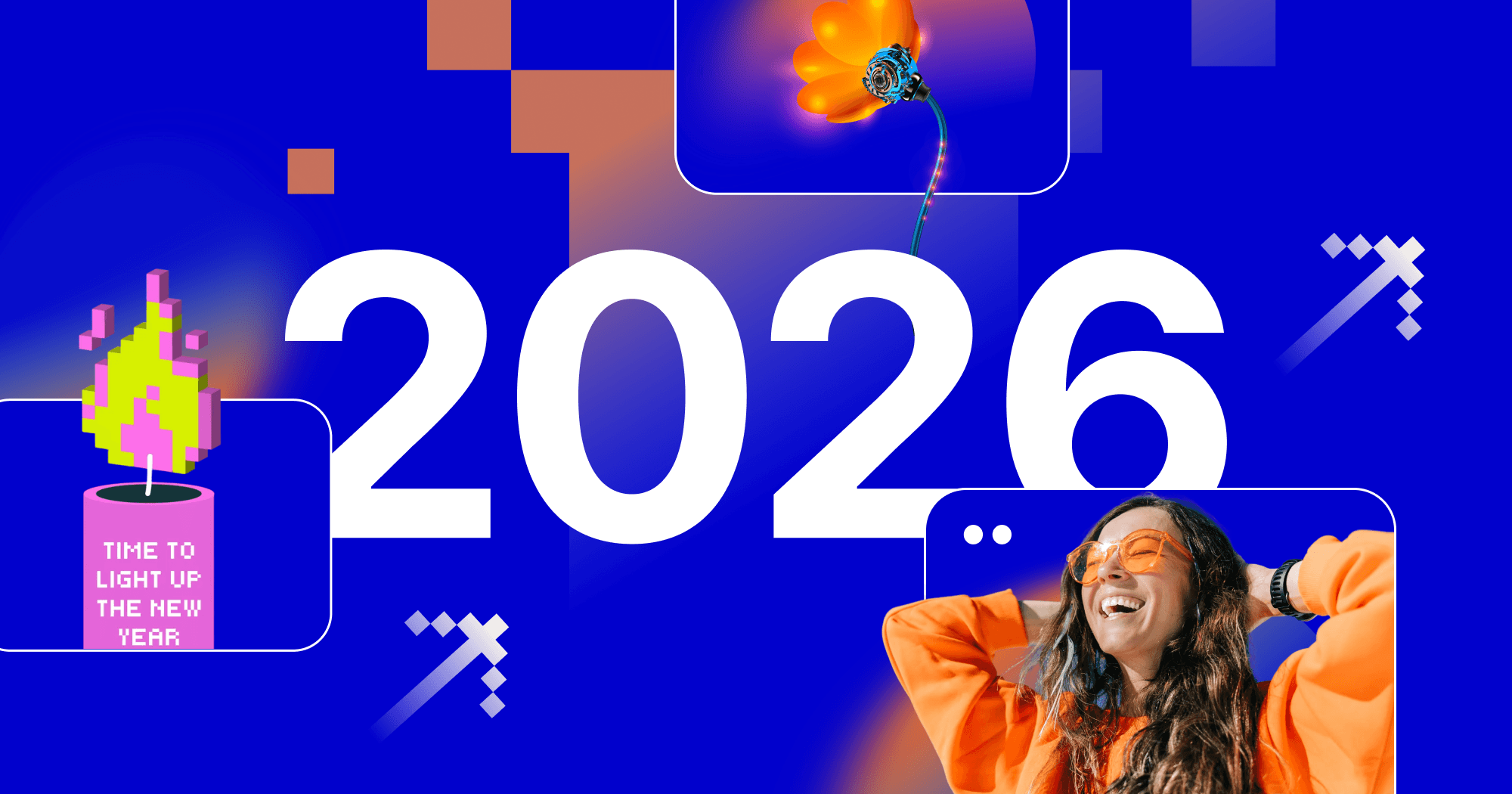Over the past year, conversations around diversity and inclusion have become more polarizing in certain regions — particularly in the U.S., where some companies have taken a step back from Pride-related initiatives. We’ve been paying attention to that shift. However, rather than retreat, we’ve taken it as a reason to stay consistent in our approach.
As a company working across different cultures and backgrounds, we’ve always treated inclusion as part of our long-term thinking and not as a seasonal campaign. MGID ensures our internal culture reflects fairness, access and transparency all year round.
Why DEI Matters in the Workplace
Creating an inclusive work culture isn’t only the right thing to do, it’s also something that directly affects how people perform, stay and grow.
When employees feel they belong, they tend to be more engaged. According to a recent study, 91% of people who feel included at work are also highly engaged, compared to only 20% among those who don’t feel that sense of belonging.

The impact goes further:
- A Glassdoor survey found that 67% of job seekers consider diversity a deciding factor when looking at job offers.
- Research from Accenture estimates that U.S. companies lose over $1 trillion a year because of cultures that fail to include and support their people.
- Companies with diverse leadership teams see 19% higher innovation revenue, according to a BCG report.
- And a majority of executives believe their DEI efforts give them a real competitive edge.
These numbers tell a clear story: people do their best work when they feel respected, supported and part of something they can trust. For us at MGID, inclusion means doing the right things and building a smarter business. Diverse teams bring fresh ideas, adapt faster and help us stay competitive in different markets.
We see DEI as a real asset that drives how we collaborate, keep top talent on board and tackle complex challenges. In the end, diversity is our superpower.
How DEI Lives Inside MGID
Diversity, equity and inclusion have always been part of how we operate, embedded into our culture, policies and everyday decisions.
Over the years, we’ve shaped an internal strategy that connects our business goals with DEI practices that actually work. This includes regular master classes and training sessions where our teams explore topics such as:
- Identifying personal cultural traits and understanding how these shape perceptions and interactions;
- Recognizing that people from different cultures may think, feel and act differently;
- Comparing cultural differences to develop cultural intelligence;
- Understanding key models of national culture and how cultural mindsets influence collaboration and business.
Alongside these learning initiatives, we maintain clear internal communication around inclusion and a consistent focus on accessibility — from the way we design internal processes to how we approach external communication.
We also conduct regular MGID Culture Surveys to understand employee sentiment, engagement and perceptions of inclusion, helping us keep our DEI efforts practical and impactful.
Our policies reflect this, too. We prioritize accessibility standards in product and workplace design, and regardless of ability or background, we make sure our internal tools and materials support everyone. Ongoing training helps keep that awareness practical, not theoretical.
Employee resource groups (ERGs) also play a role at MGID, offering space for conversations and ideas that push us forward. And across teams, we’ve built open feedback loops that allow employees to raise concerns and suggest improvements.
These efforts work because they’re not isolated. They’re supported by leadership, integrated into day-to-day workflows and constantly evolving as we grow. We operate with the understanding that a diverse and inclusive workforce leads to smarter decisions, stronger risk management and more resilient organizational performance.
Our DEI initiatives are designed not only to reflect our values but also to strengthen how we work across all areas from product development and partner relationships to internal processes. We treat inclusion as something measurable and accountable, ensuring it’s embedded into how we assess leadership, design systems and evolve our policies.
What’s Next
We believe that a strong DEI foundation is reflected not in the policies made but how consistently those values show up in day-to-day decisions. That’s why we see long-term investment in accessibility, inclusive leadership and equitable practices as essential for any organization that wants to stay relevant and responsible in a global context.
A strong DEI foundation also means treating diversity, equity and inclusion as something measurable. Clear goals, honest feedback and visible progress matter not only for internal culture but also for our partners and the wider communities we impact. For us, inclusion isn't a statement. It's a standard.





